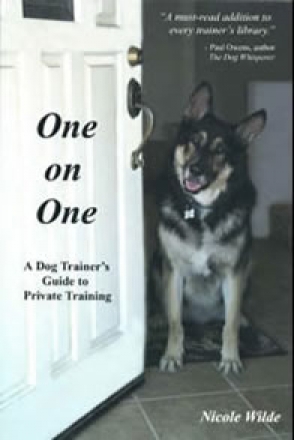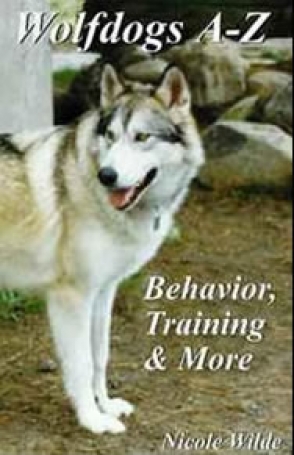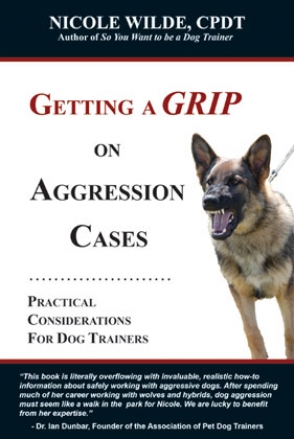Imagine a gentle, non-invasive healing method that can address pain, injury, and illness; speed recovery after surgery; and have remarkable effects on fear, anxiety, aggression, depression, and trauma. Energy healing can do all this and more!
Cloned Drug-Sniffing Dogs?
If you saw a team of five identical-looking Labrador Retrievers coming toward you, you might just wonder if somebody slipped something into your morning coffee. But it’s not a hallucination—South Korea, the country that brought us Snuppy the Afghan hound, the world’s first cloned canine, is planning to put cloned dogs on duty to sniff out drugs and explosives.
My first reaction upon reading this story was an incredulous, “Why?” After all, the U.S. drug and explosive detection programs do just fine without resorting to cloning. (My second thought was “Why Labs?” but I guess if the reward for detection is a food treat…) According to the South Korean Customs-affiliated dog trainer who was interviewed for the article, it’s difficult to find dogs who are “genetically qualified” to work as sniffing dogs. Normally, only about three of every ten non-cloned dogs the center trains (at a cost of $40,140 each—I’ve got questions about that too, but that’s another story) qualify for the job. So the cloning program would save time and money. Hmm. It makes sense that some dogs are more naturally talented than others at tracking and detection, and obviously some are simply more intelligent and responsive to training. But somehow resorting to cloning strikes me as a bit drastic.
To get a better understanding of the topic, I did a little research. I found an article from the June/July 2003 issue of Customs and Border Protection Today that focused on the Customs and Border Protection Program (CBP) (formerly known as U.S. customs) and its use of sniffing dogs. Apparently, the Canine Enforcement Program finds its dogs in a number of ways. Some are donated by members of the general public. Other lucky dogs are tested and then rescued from shelters where they would have otherwise been euthanized. This begs the question, if we can train dogs who have not been specifically bred for the purpose of being detection dogs or were not even taught from a young age to sniff out narcotics, again, why the need to clone?
The Australian Customs Service takes a different approach: they have a breeding program where dogs are selected for their “genetic ability” to detect drugs, explosives, and other contraband; fifteen litters have been bred so far. This supports the theory that some dogs having a natural ability for this type of work, and seems like a good way to produce dogs who are likely to succeed. Judging from the accomplishments of the U.S. program, a high success rate can also be achieved via selective testing, even when the subjects are shelter residents and owned dogs. Somehow it seems that the $100,000-150,000 it costs to clone each of those Labs could be put to better use.
Professor Lee Byeong-chun, who is leading the team, said his team has so far cloned 20 dogs—and five wolves. Cloned wolves? Somebody please slip something in my coffee…
Cloned Labs










